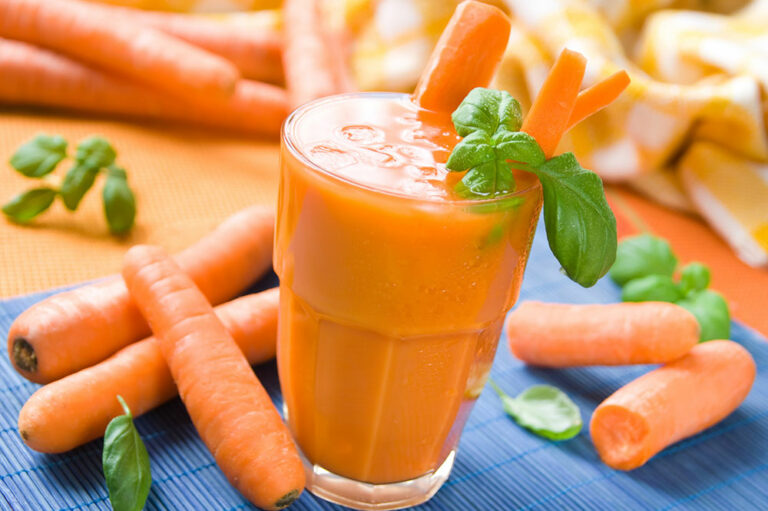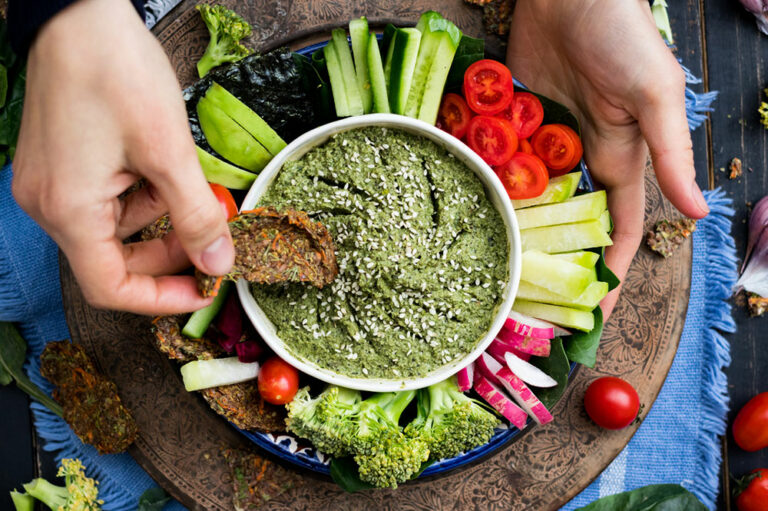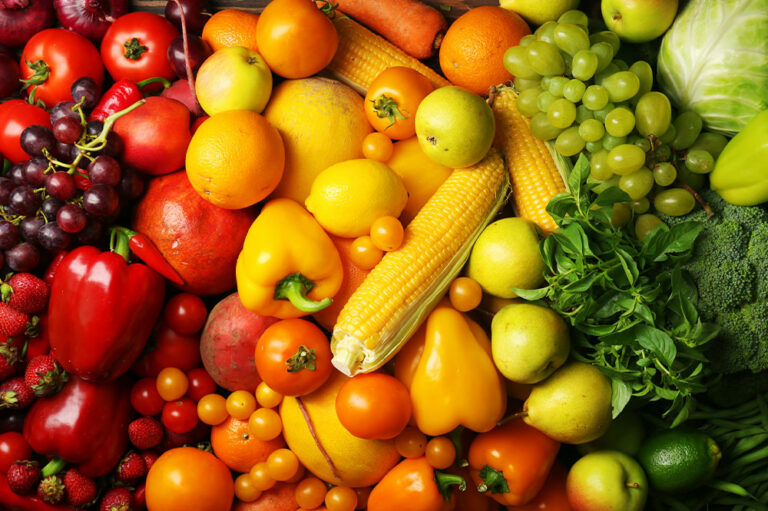
01
Top 4 ways to maintain eye health
Maintaining eye health is essential to avoid age-related vision problems as well as diseases. Here, making certain lifestyle changes and adopting healthy habits like better nutrition can help strengthen the eyes and lower the risk of age-related eye diseases. While some eye conditions can be managed with corrective glasses or contact lenses, others may require extensive treatment. So, here are a few ways to maintain eye health and prevent damage in the first place: 1. Make better nutritional choices Maintaining a healthy food regimen is crucial for overall well-being, including the health of the eyes. Here, vegetables such as carrots, spinach, and kale are rich in antioxidants and vitamins which promote eye health. Additionally, fruits like oranges and berries are excellent sources of eye-protective nutrients. Additionally, foods that are rich in zinc, such as chickpeas and pumpkin seeds, can help protect the eyes from macular degeneration. Omega-3 fatty acids and lutein found in foods like nuts, flaxseeds, legumes, and broccoli are essential for maintaining healthy eyes and supporting vision. So, the abovementioned nutrient-rich foods should be added to daily meals to maintain eye health. A healthy food regimen is just one aspect of maintaining eye health, and only by combining it with the following changes can one ensure that their eyes stay healthy.
Read More 









